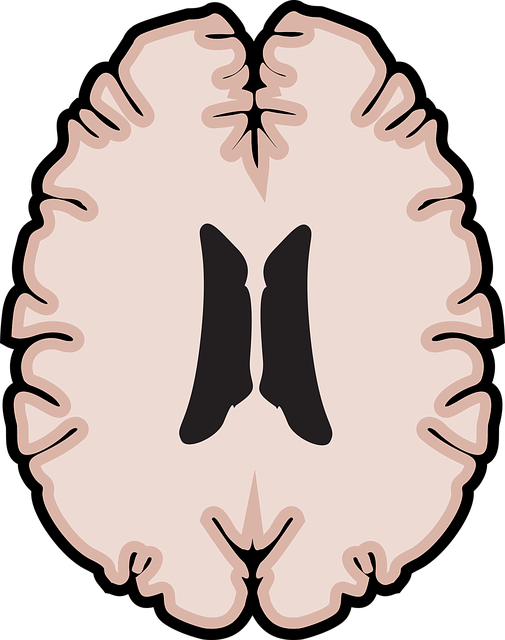Risk management planning is essential for high-quality mental health care in Colorado Springs Adolescent and Teen Therapy settings, addressing patient safety, ethical issues, and legal concerns. By leveraging thorough risk assessment tools and policies, therapists create secure environments fostering client trust and open communication. Unique challenges like trauma, anxiety, and peer pressure require tailored strategies incorporating evidence-based therapeutic approaches and crisis intervention protocols. Prioritizing emotional regulation, comprehensive assessments, progress monitoring, and clear protocols enhances safety, prevents burnout, and ensures prompt issue resolution, benefiting both clients and practitioners.
“In the realm of mental health care, effective risk management is paramount, especially when assisting adolescents and teens. This article explores this critical aspect, focusing on ‘Colorado Springs Adolescent and Teen Therapy’ as a case study. We’ll delve into understanding the unique risks inherent in this field and constructing a comprehensive risk management plan.
Through this guide, readers will discover strategies to mitigate potential hazards, ensuring a safer environment for clients, a crucial element for successful therapy outcomes.”
- Understanding Risk Management in Mental Health Care
- Creating a Comprehensive Plan for Colorado Springs Adolescent and Teen Therapy
- Strategies to Mitigate Risks and Enhance Client Safety
Understanding Risk Management in Mental Health Care

Risk management planning is an essential component of providing quality mental health care, particularly within settings like Colorado Springs Adolescent and Teen Therapy centers. It involves a proactive approach to identify, assess, and mitigate potential risks that may arise in therapeutic environments. These risks can span from patient safety concerns to ethical dilemmas and legal considerations. By implementing robust risk management strategies, mental health professionals ensure a secure and supportive atmosphere for clients, fostering trust and encouraging open communication.
At the core of effective risk management are comprehensive risk assessment tools and policies. This includes regular evaluations of client histories, identifying potential triggers or vulnerabilities, and establishing clear guidelines for managing crises. Additionally, organizations like Stress Management Workshops Organization play a vital role in equipping therapists with empathy-building strategies and confidence-boosting techniques, empowering them to handle diverse situations with skill and care.
Creating a Comprehensive Plan for Colorado Springs Adolescent and Teen Therapy

In creating a comprehensive risk management plan for Colorado Springs Adolescent and Teen Therapy, mental health professionals must address a wide range of potential risks specific to this demographic. This includes addressing issues such as trauma, anxiety, depression, and self-esteem improvement among adolescents and teens. A tailored strategy is crucial; one that considers the unique challenges faced by young individuals, including peer pressure, academic stress, and the impact of public awareness campaigns development on their mental well-being.
Effective risk management involves proactive measures to mitigate potential harm and foster a supportive environment. This could encompass implementing evidence-based therapeutic approaches, integrating activities for positive thinking, and establishing clear protocols for crisis intervention. By prioritizing the safety and resilience of adolescents and teens in Colorado Springs, therapists can create a nurturing atmosphere that promotes healing and growth while mitigating risks associated with this critical phase of development.
Strategies to Mitigate Risks and Enhance Client Safety

Mental health professionals in Colorado Springs Adolescent and Teen Therapy face unique challenges that require robust risk management planning. Effective strategies to mitigate risks and enhance client safety involve a multi-faceted approach. Firstly, prioritizing emotional regulation techniques for both therapists and clients can prevent escalation of emotions and promote calmness during therapeutic sessions. This not only fosters a safer environment but also aids in burnout prevention strategies for healthcare providers.
Additionally, integrating comprehensive risk assessment tools and regular monitoring of client progress helps in identifying potential risks early on. By combining these measures with well-defined crisis intervention protocols, mental health professionals can ensure they are equipped to handle any emerging issues promptly. These proactive steps contribute significantly to the overall safety of both clients and practitioners in therapeutic settings.
Effective risk management planning is an indispensable component of providing quality care at Colorado Springs Adolescent and Teen Therapy. By integrating robust strategies to mitigate risks, mental health professionals can enhance client safety and foster a secure environment for vulnerable individuals seeking support. This comprehensive approach ensures that practices like those in Colorado Springs remain at the forefront of compassionate and responsible mental healthcare.














